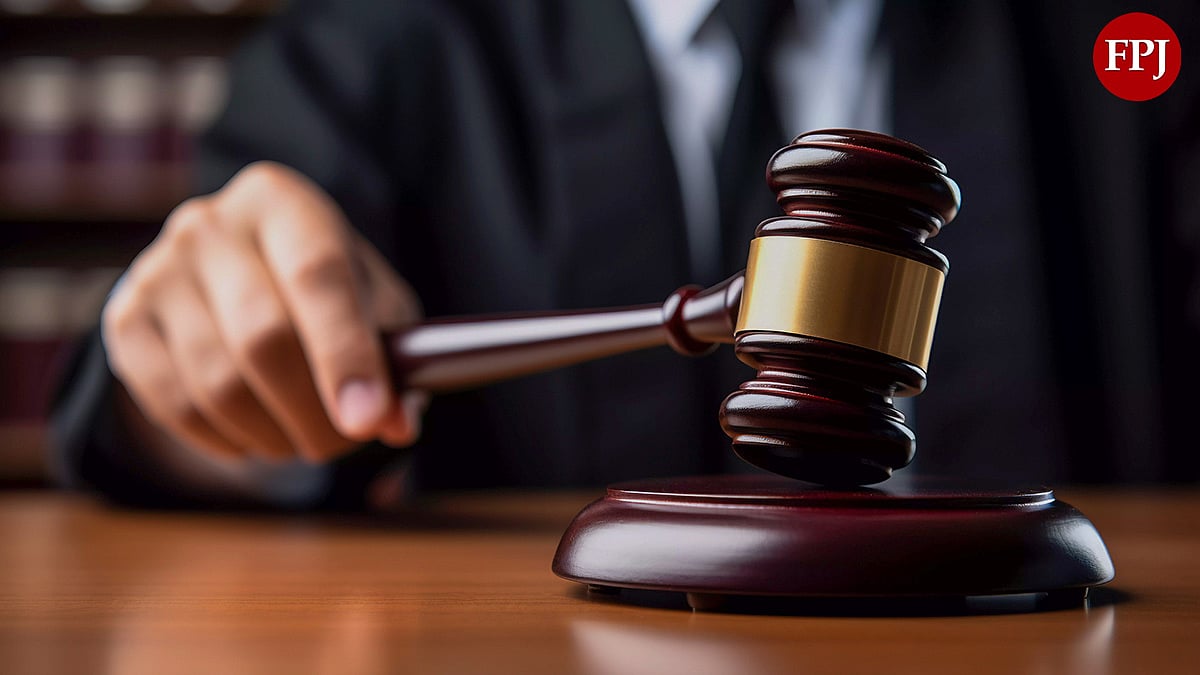The upcoming coronation of King Charles III is set to include a new addition to the traditional ceremony, which has caused controversy amongst anti-royalists.
In a break with tradition, all British citizens, and those in other countries where King Charles is head of state, will be invited to swear allegiance to the new monarch during the ceremony on May 6th at Westminster Abbey, a report stated.

Homage of the people
Instead of the traditional "Homage of Peers" where representatives of the nobility pledge allegiance, the ceremony will now include a "Homage of the People".
The Archbishop of Canterbury, Justin Welby, who will lead the coronation ceremony, will call on all people in the United Kingdom and other places where King Charles is the head of state to swear allegiance.
The order of service will read, "All who so desire, in the abbey, and elsewhere, say together: I swear that I will pay true allegiance to Your Majesty, and to your heirs and successors according to law. So help me God."
Controversy amongst anti-monarchists
Whilst British parliamentarians, and Canadians as the British sovereign is their head of state, already swear allegiance to the monarch when they take office, the plans to ask the public to pledge their allegiance to the king during the coronation have been branded "offensive, tone deaf and a gesture that holds the people in contempt" by an anti-monarchy group.
Republic, which campaigns for the abolition of the British monarchy, believes that "In a democracy it is the head of state who should be swearing allegiance to the people, not the other way around." The anti-monarchist movement plans to demonstrate on Saturday.
Evolution of the ceremony
The introduction of the new oath is one of several changes to the centuries-old ceremony that the palace hopes will evolve to reflect the country's diversity. Women bishops will take part for the first time, as well as representatives of non-Christian faiths. Additionally, texts will be read out in the languages of the other nations of the United Kingdom: Welsh, Scottish Gaelic, and Irish Gaelic.










